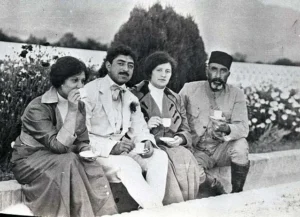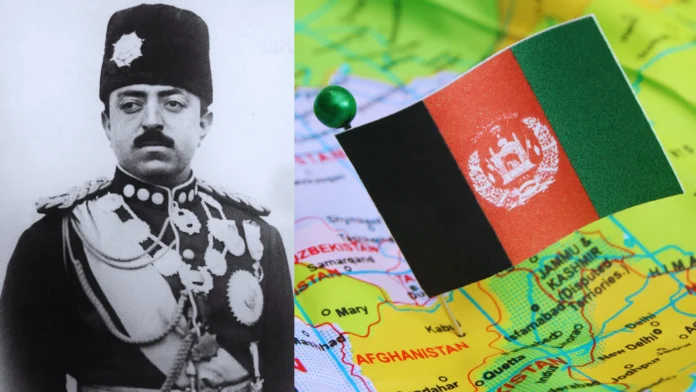After Afghanistan’s independence, King Amanullah Khan’s reforms laid the foundation for a modern, progressive nation.
His transformative journey began in December 1927 when he embarked on a six-month tour of several European and other countries, gathering insights and inspiration.
Upon his return, he initiated a series of groundbreaking reforms that aimed to reshape Afghanistan’s future.
Among the most notable reforms were the convening of the Loya Jirga and the approval of Afghanistan’s first constitution, marking the birth of a constitutional monarchy.
King Amanullah Khan also focused on abolishing slavery, separating powers within the government, and introducing compulsory education.
He recognized the importance of education, enshrining it in the constitution, and sent students abroad for further studies to ensure the nation’s intellectual growth.

Moreover, his efforts to modernize the financial system, prohibit forced labour, and establish the first public library in Kabul significantly advanced Afghan society.
“King Amanullah was a visionary who proudly enacted the constitution, embedding education as a fundamental right,” remarked legal expert Abdul Shukoor Dadras.
His reforms also spurred the growth of journalism, creating a more informed and engaged public.
However, despite his ambitious efforts, King Amanullah Khan’s reforms faced resistance. The rapid pace of change and the clash with traditional values led to uprisings, most notably by Habibullah Kalakani.
This resistance ultimately forced King Amanullah Khan to abdicate and seek refuge in Italy.

King Amanullah Khan’s fight for Afghanistan’s independence was marked by his triumph over British forces on three fronts, culminating in the signing of the Treaty of Rawalpindi 105 years ago.
His early actions as the newly independent nation’s leader included signing friendship treaties with the Soviet Union, Britain, Turkey, and Iran, strengthening Afghanistan’s diplomatic ties.
“In addition to recognizing our independence, the Soviet Union proposed that King Amanullah Khan sign comprehensive economic, political, and military agreements,” stated military affairs expert Abdul Wahed Taqat.
Afghanistan commemorates this historic achievement every year on the 28th of Asad (August 18), celebrating the enduring legacy of King Amanullah Khan and his remarkable contributions to the nation’s progress.




